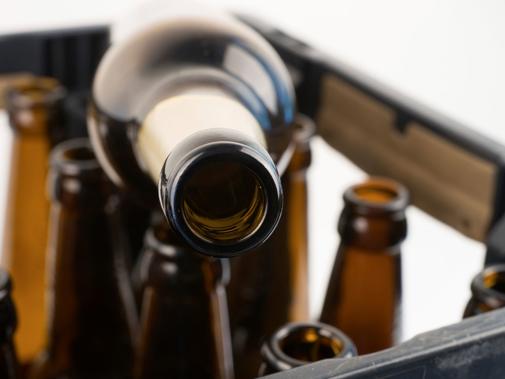MUP was associated with a net reduction of between 4 and 5 per cent per adult in sales of alcohol from supermarkets and off-licences in its first year. The reduction was greatest in cheaper ciders which were hit by the highest price rises under the policy.
Comparisons with England and Wales in the same period, taking in seasonal and other factors, mean it is ‘reasonable to conclude’ that MUP was responsible for the reduction, the report says.
The BMA welcomed the findings, which back up earlier findings showing a reduction, but warned that real change would take time.
The study, carried out by Public Health Scotland in collaboration with the University of Glasgow, involved a statistical analysis of off-trade sales between May 2018, and May 2019.
Cider and perry
Lucie Giles, public health intelligence principal at Public Health Scotland said the analysis found the greatest net reductions were in sales of cider and perry, which had the greatest increases in average price under the new pricing legislation.
‘There were smaller relative reductions in purchases of spirits and beer, but as they account for a considerable share of the off-sales market, they make an important contribution to the reduction overall. These reductions were partly offset by off-trade sales of wine, fortified wine and ready-to-drink beverages, which this analysis found to have increased in the year post-MUP. Over the same period in England and Wales, per adult alcohol sales increased.’
Jim Lewsey, professor of medical statistics at the Institute of Health and Wellbeing, University of Glasgow, said: ‘The methods used in this study allow us to be much more confident that the reduction we have seen in per adult off-trade sales is as a result of the introduction of MUP, rather than some other factor. Incorporating data from England and Wales into our analysis controls for any changes in sales in a neighbouring region where the legislation was not introduced. We’ve also been able to adjust for other factors, such as household income, sales of alcohol through pubs and clubs and of other drink types.’
National health
 MORRISON: A better future is achievable
MORRISON: A better future is achievable
BMA Scotland council chair Lewis Morrison welcomed the findings.
‘Although it will take a long time for the true benefits to be seen, I am pleased to see that it is already showing that the potential of a better future for the nation’s health is achievable,’ he said. ‘The aim of MUP was to change Scotland’s relationship with alcohol in the long term – these figures indicate we are moving in the right direction, but it is important to remember this was never meant to be a quick fix method and real change will take time.’
Public health minister Joe FitzPatrick said it was now unarguable that the introduction of MUP had delivered a reduction in the sale of alcohol.
‘These are very encouraging results for the first full year of our world-leading MUP policy,’ he said.
Public Heath Scotland makes it clear that the analysis does not provide any insight into consumption of alcohol or volume of sale in the context of the COVID-19 pandemic as data collection was between May 2018 and 2019.

